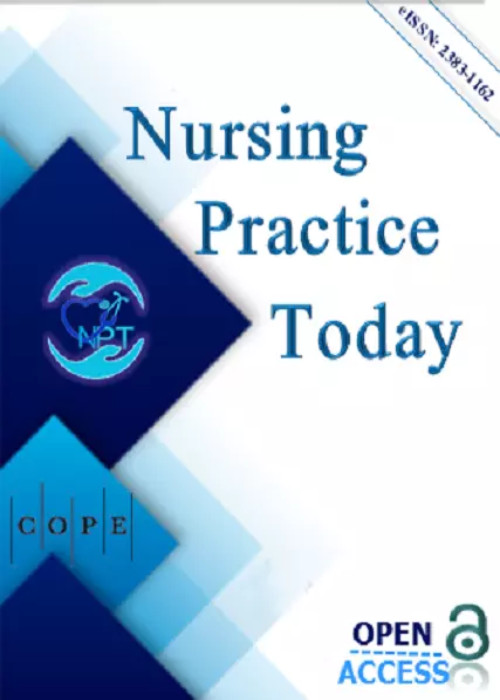The effect of educating based on continuous care model on the infertility treatment related quality of life
Author(s):
Abstract:
Background and Aim
Infertility and its treatment are considered a crisis in womens life which would affect different aspects of their quality of life. Along with therapeutic measures, infertile women need educating and continuous care. This study was conducted to evaluate the effect of educating based on continuous care model on treatment-related quality of life in infertile women.Methods & Materials: In this semi-experimental study, 80 infertile women who referred to selected infertility centers of Tehran University of Medical Sciences during 2015 were enrolled through convenient sampling. For the samples of the control and the intervention group would not encounter each other, two different centers were selected for sampling. Data were gathered through demographic-obstetrical characteristics questionnaire and the Fertility Quality of Life (Fertil QoL) tool. The control group received the routine cares of the infertility center. To conduct continuous care model for the intervention group, based on the needs of participants, 2 or 3 educational sessions (1 to 2 hours) were conducted within a period of 7 to 10 days in the form of speech and question and answer and then the booklets of the presented subjects were distributed among the participants. Quality of life of infertile women was evaluated in both groups at two stages, before and 2 months after the intervention. Data were analyzed using Chi square test, Fishers exact test, independent t test and Paired t test through SPSS 16. The level of significance was set at less than 0.05.
Results
Both of the intervention and the control group were similar before the intervention regarding their demographic characteristics and the score of quality of life (p > 0.05). The scores of quality of life after the intervention were 25.28 ± 4.602 and 30.08 ± 2.474 for the intervention and the control group, respectively, which indicates the effect of educating based on continuous care model on the infertility-related quality of life.Conclusions
Educating based on continuous care model would improve therapy-related quality of life in infertile women and it is recommended that this model should be used as an easy, low-cost and convenient model in educational programs of midwifery.Keywords:
Language:
English
Published:
Nursing Practice Today, Volume:3 Issue: 3, Summer 2016
Pages:
81 to 90
magiran.com/p1663929
دانلود و مطالعه متن این مقاله با یکی از روشهای زیر امکان پذیر است:
اشتراک شخصی
با عضویت و پرداخت آنلاین حق اشتراک یکساله به مبلغ 1,390,000ريال میتوانید 70 عنوان مطلب دانلود کنید!
اشتراک سازمانی
به کتابخانه دانشگاه یا محل کار خود پیشنهاد کنید تا اشتراک سازمانی این پایگاه را برای دسترسی نامحدود همه کاربران به متن مطالب تهیه نمایند!
توجه!
- حق عضویت دریافتی صرف حمایت از نشریات عضو و نگهداری، تکمیل و توسعه مگیران میشود.
- پرداخت حق اشتراک و دانلود مقالات اجازه بازنشر آن در سایر رسانههای چاپی و دیجیتال را به کاربر نمیدهد.
دسترسی سراسری کاربران دانشگاه پیام نور!
اعضای هیئت علمی و دانشجویان دانشگاه پیام نور در سراسر کشور، در صورت ثبت نام با ایمیل دانشگاهی، تا پایان فروردین ماه 1403 به مقالات سایت دسترسی خواهند داشت!
In order to view content subscription is required
Personal subscription
Subscribe magiran.com for 70 € euros via PayPal and download 70 articles during a year.
Organization subscription
Please contact us to subscribe your university or library for unlimited access!


